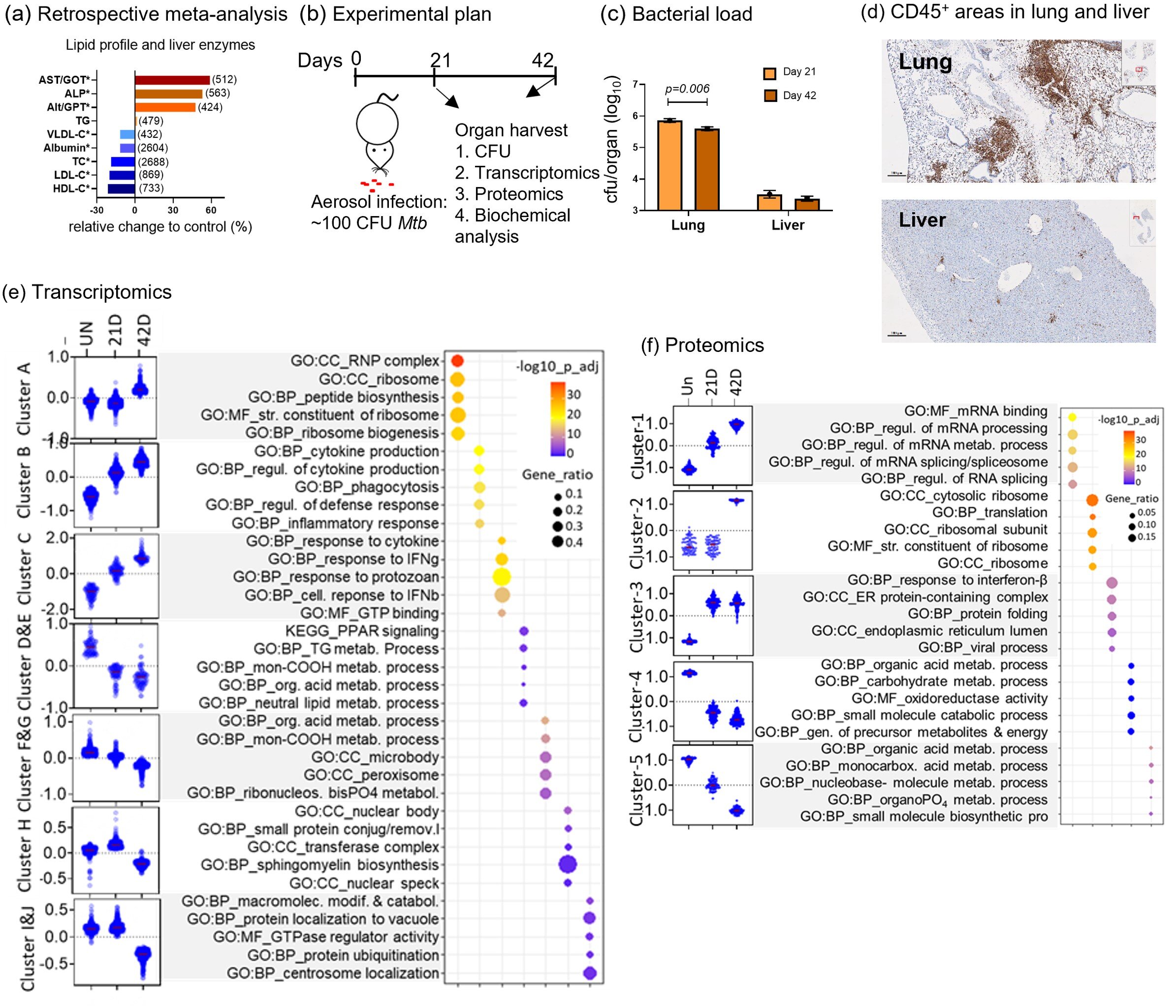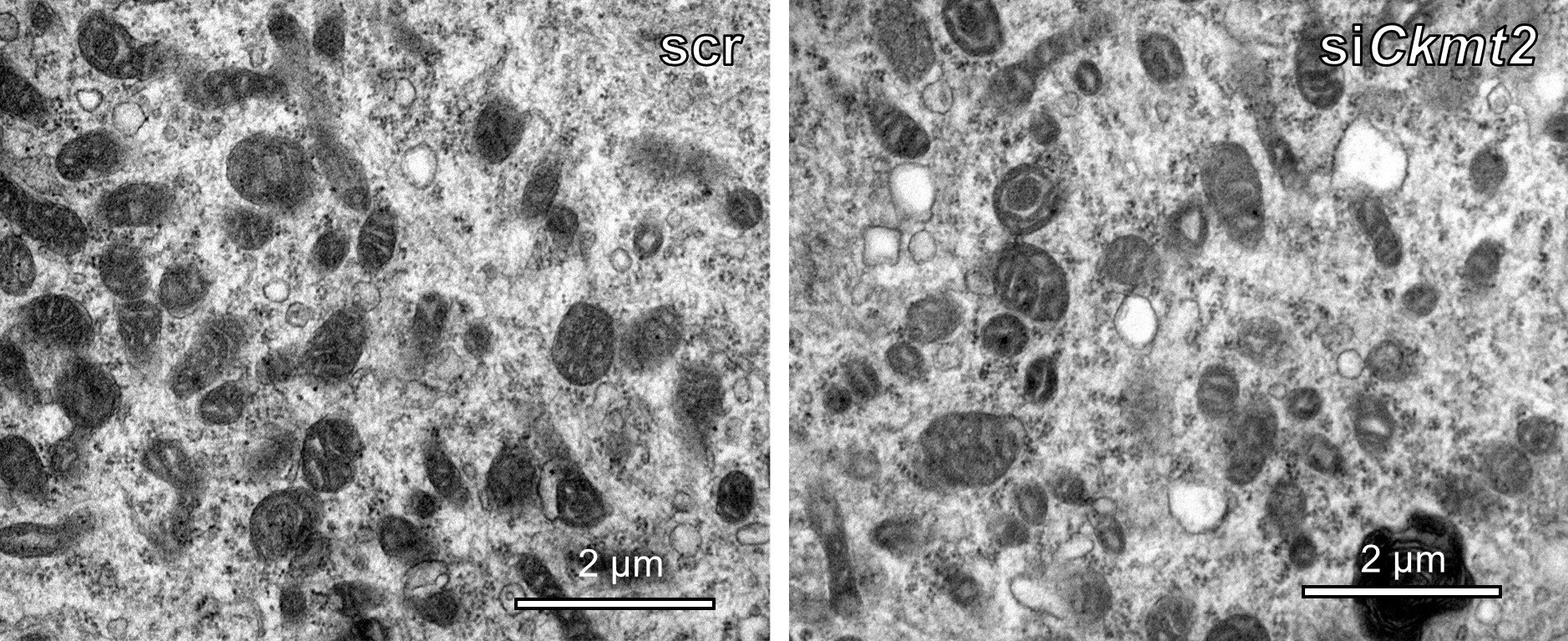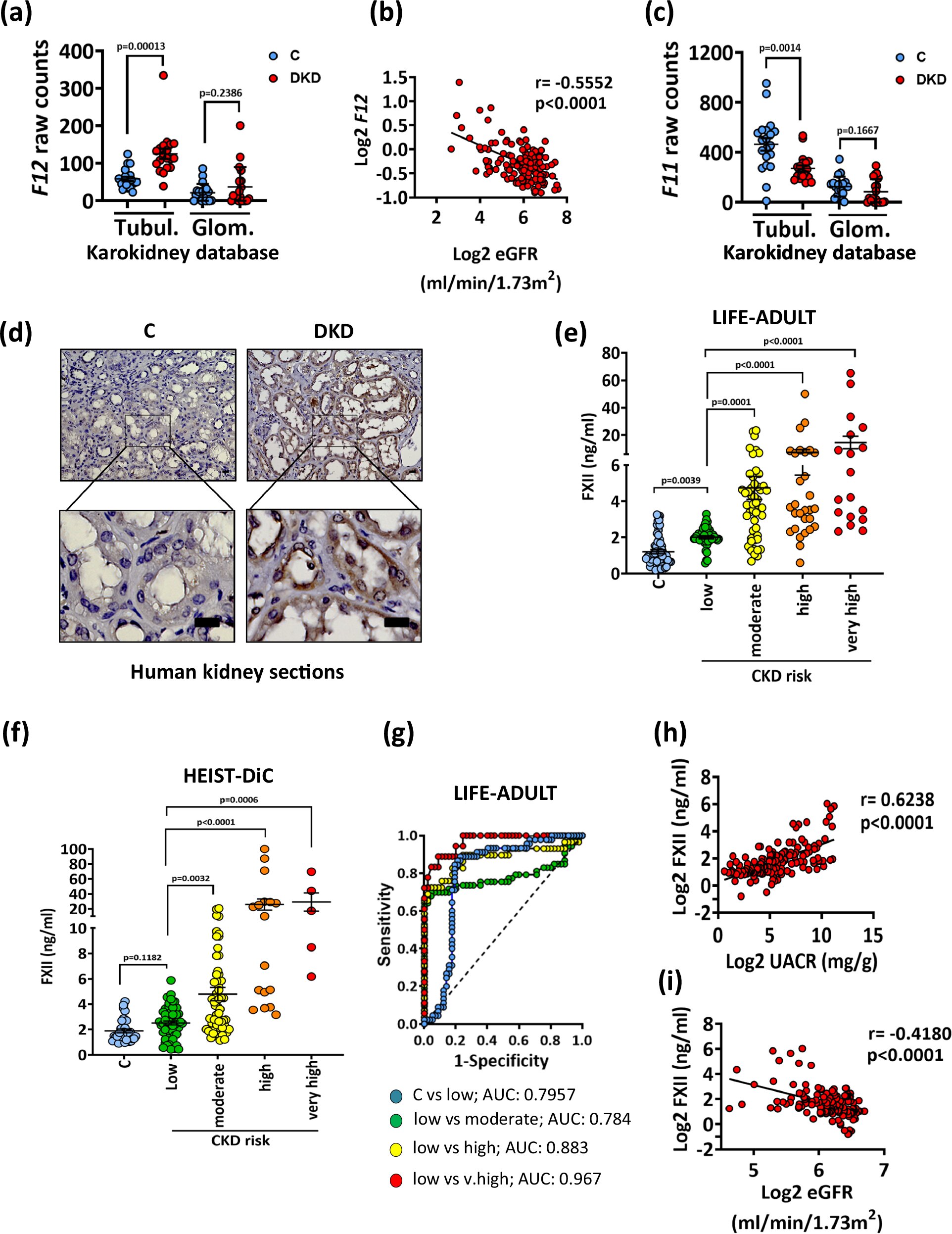Just a moment…
Just a moment… Enable JavaScript and cookies to continue This request seems a bit unusual, so we need to confirm that you’re human. Please press and hold the button until
Just a moment… Enable JavaScript and cookies to continue This request seems a bit unusual, so we need to confirm that you’re human. Please press and hold the button until
Just a moment… Enable JavaScript and cookies to continue This request seems a bit unusual, so we need to confirm that you’re human. Please press and hold the button until

Mycobacterium tuberculosis alters the immunometabolic landscape of the liver. Credit: PLOS Pathogens (2024). DOI: 10.1371/journal.ppat.1012565 Scientists from the University of Leicester have discovered that tuberculosis disrupts glucose metabolism in the
A new PET scan reliably detects benign tumors in the pancreas, according to research led by Radboud university medical center. Current scans often fail to detect these insulinomas, even though
Consuming more ultra-processed foods — from diet sodas to packaged crackers to certain cereals and yogurts — is closely linked with higher blood sugar levels in people with Type 2
A new study from Karolinska Institutet, published in Science Translational Medicine, shows that people with type 2 diabetes have lower levels of the protein that breaks down and converts creatine

Transmission electron microscopy images of myotubes reveal alterations in mitochondrial morphology caused by CKMT2 silencing. Credit: Karolinska Institutet A study from the Karolinska Institutet, published in Science Translational Medicine, shows

Upregulation of FXII correlates with impaired kidney function in human DKD. Credit: Nature Communications (2024). DOI: 10.1038/s41467-024-52214-8 Diabetic kidney disease, a complication of diabetes, is considered the leading cause of
Therapies that deliver hydrogen sulfide to cells could one day become the basis of new treatments for obesity and related diseases, new research has concluded. Mounting evidence suggests that hydrogen
People with a preference for sweets are at a higher risk of developing depression, diabetes, and suffering a stroke, according to new research from the University of Surrey. The study,